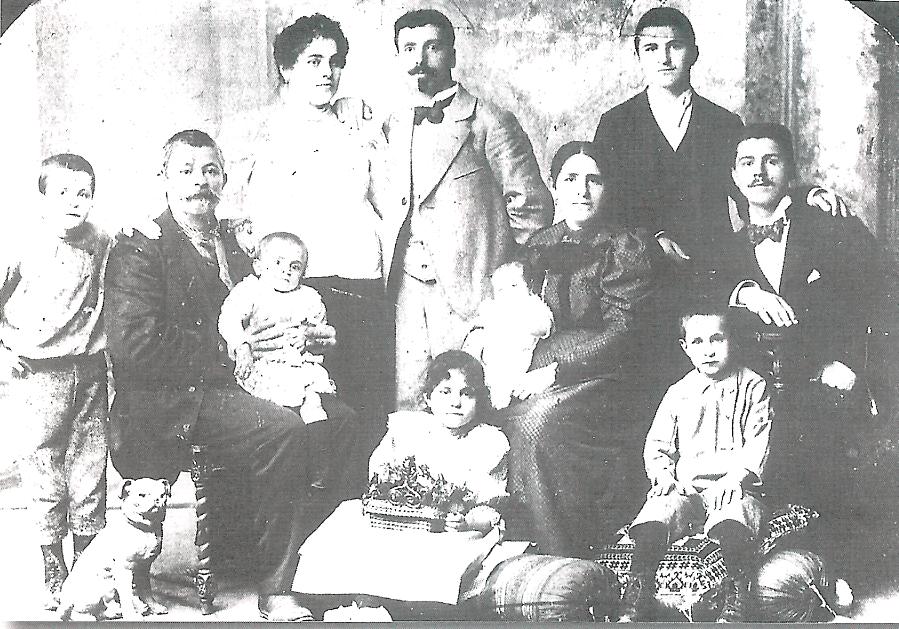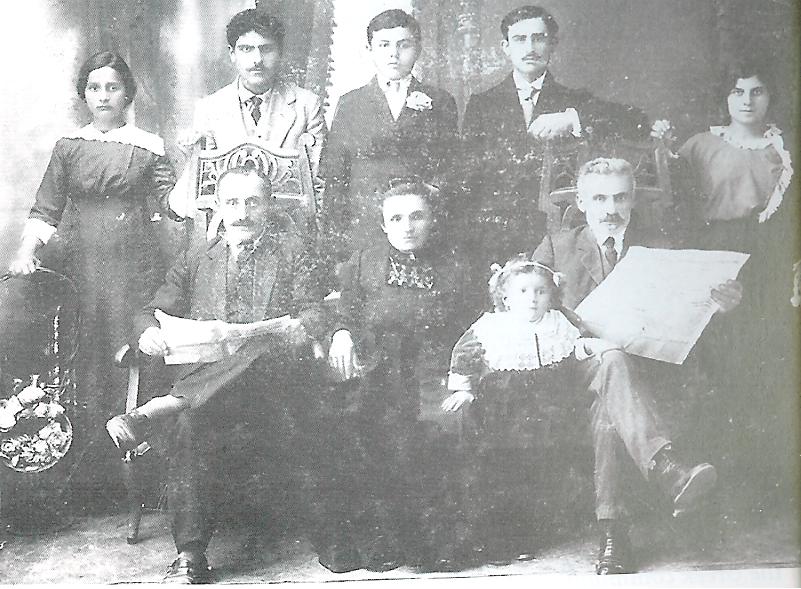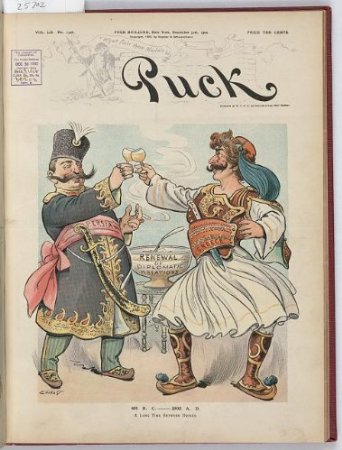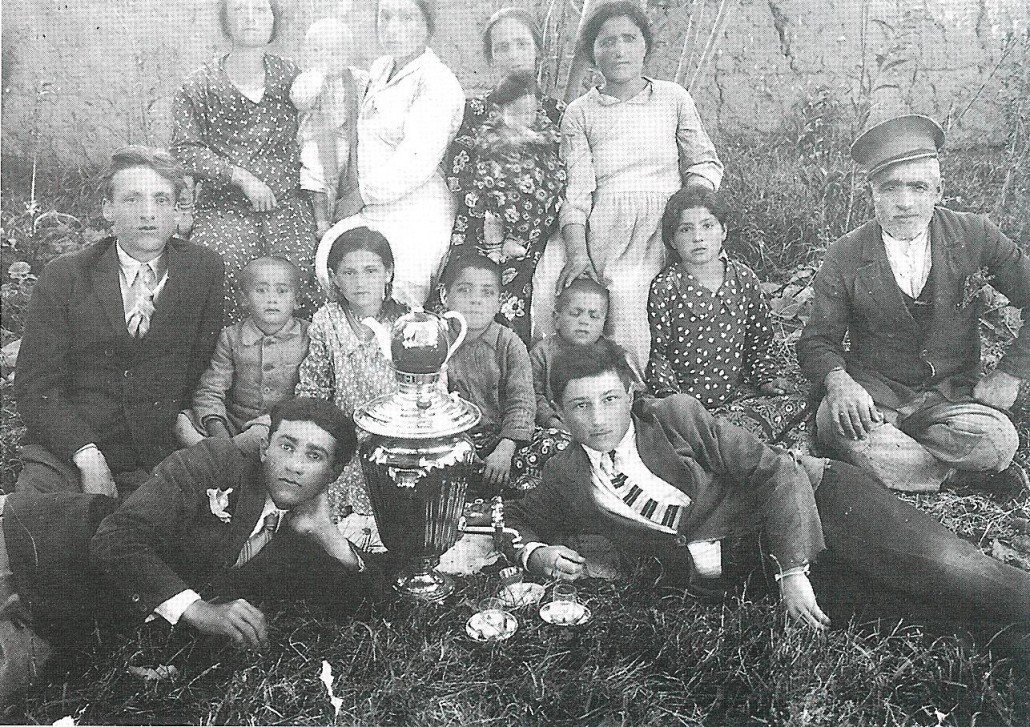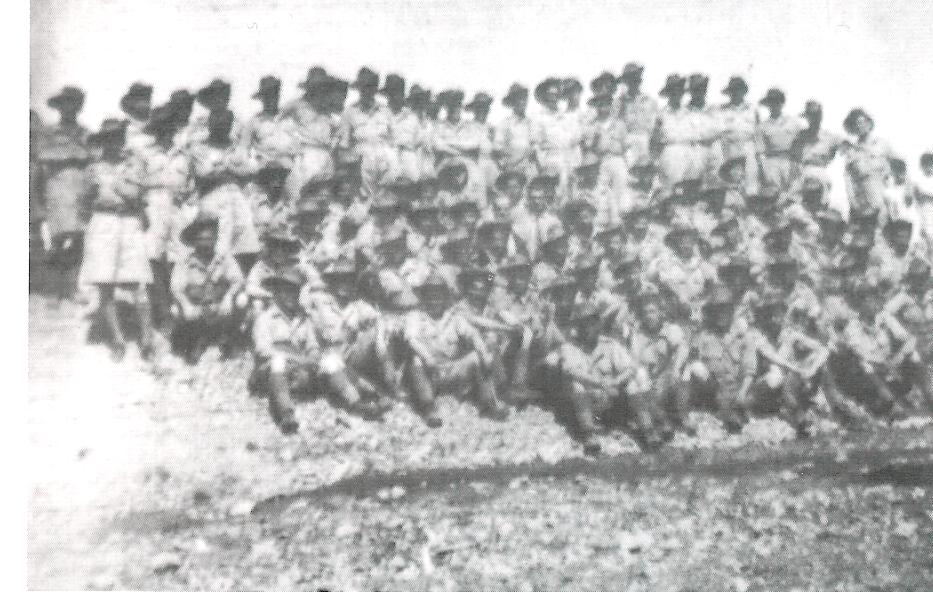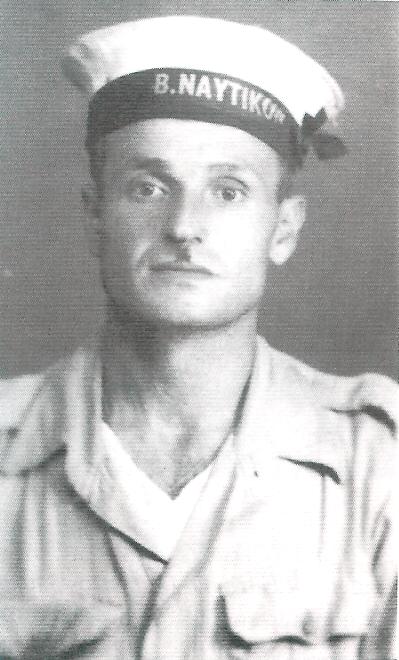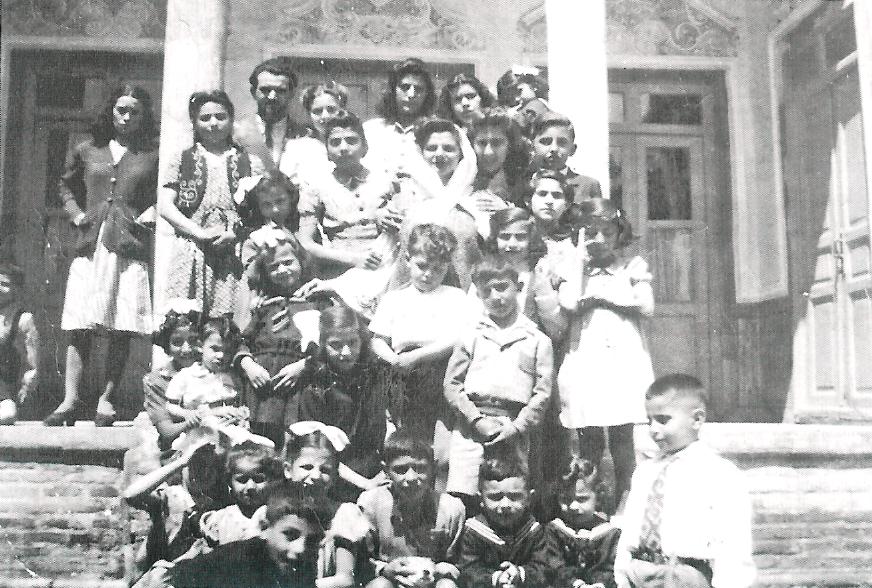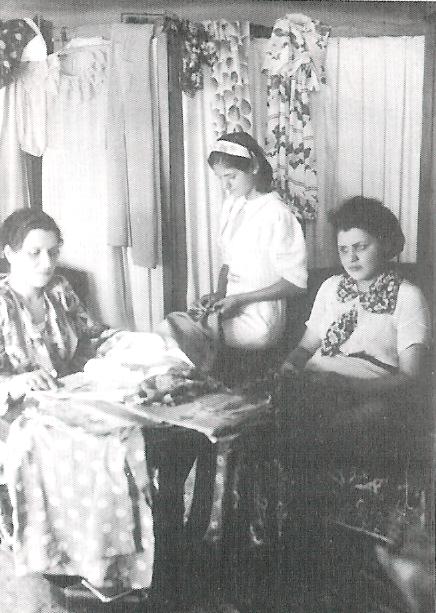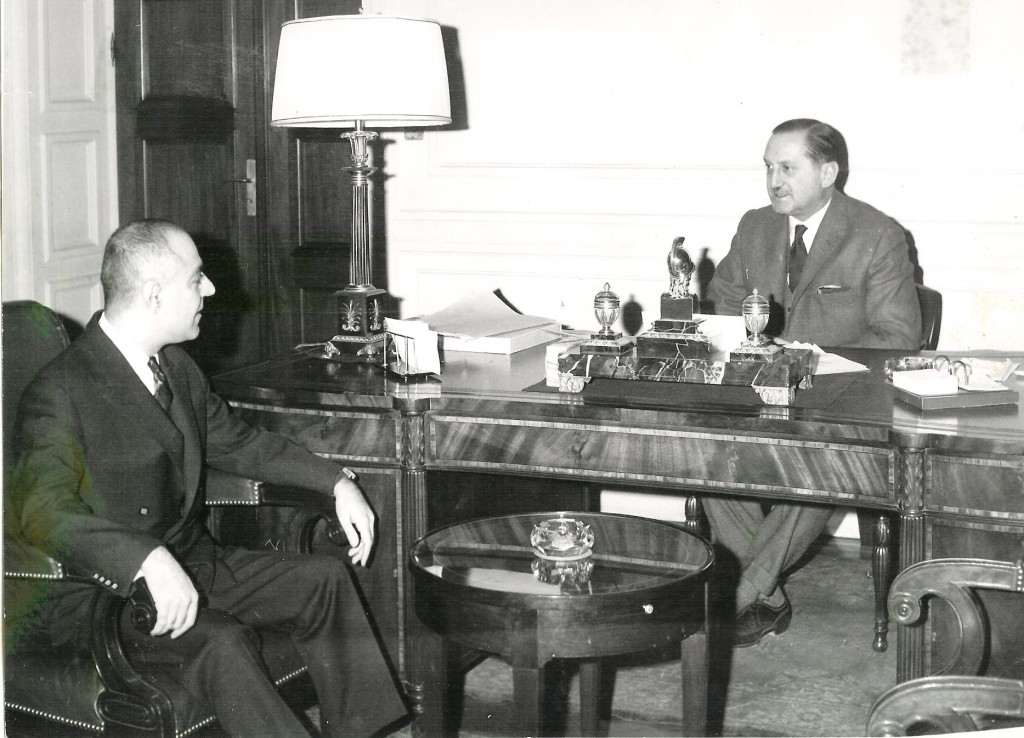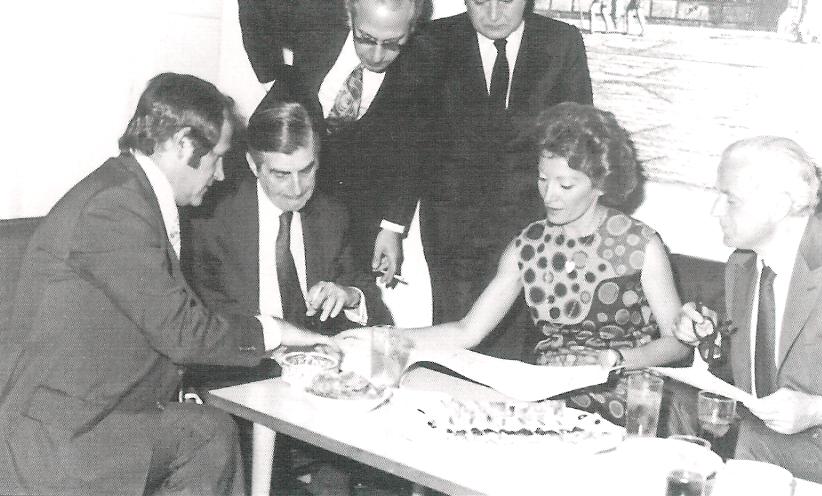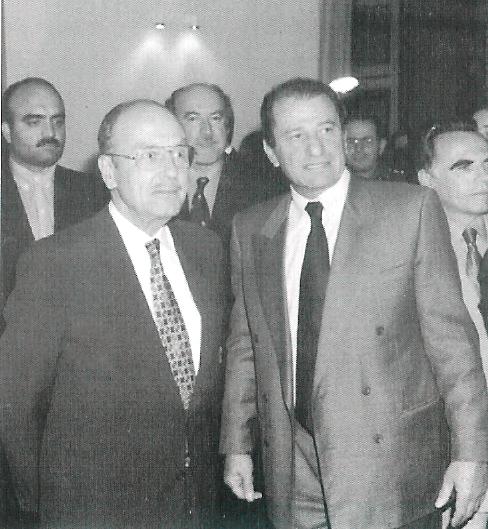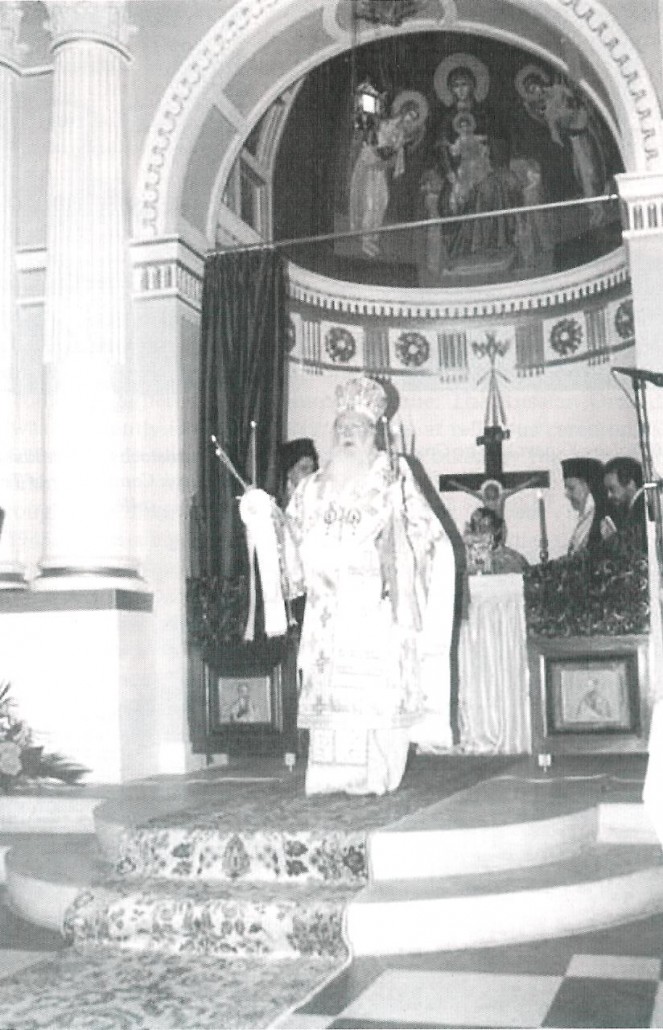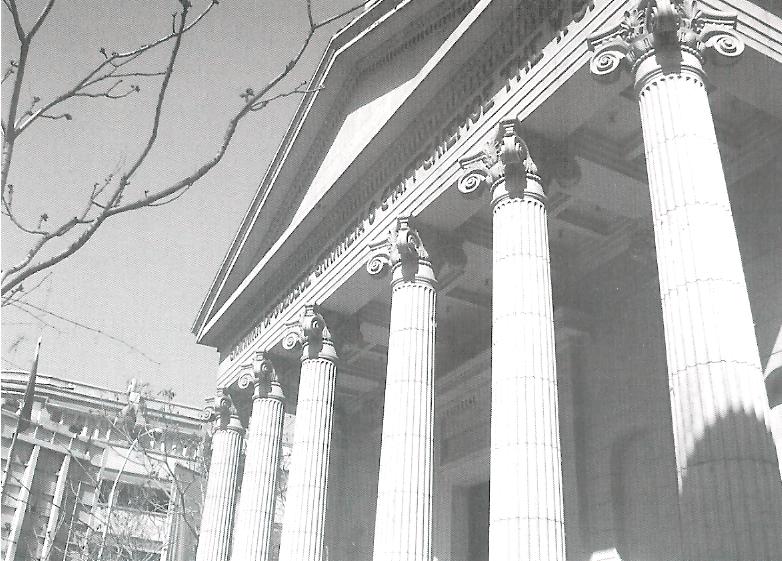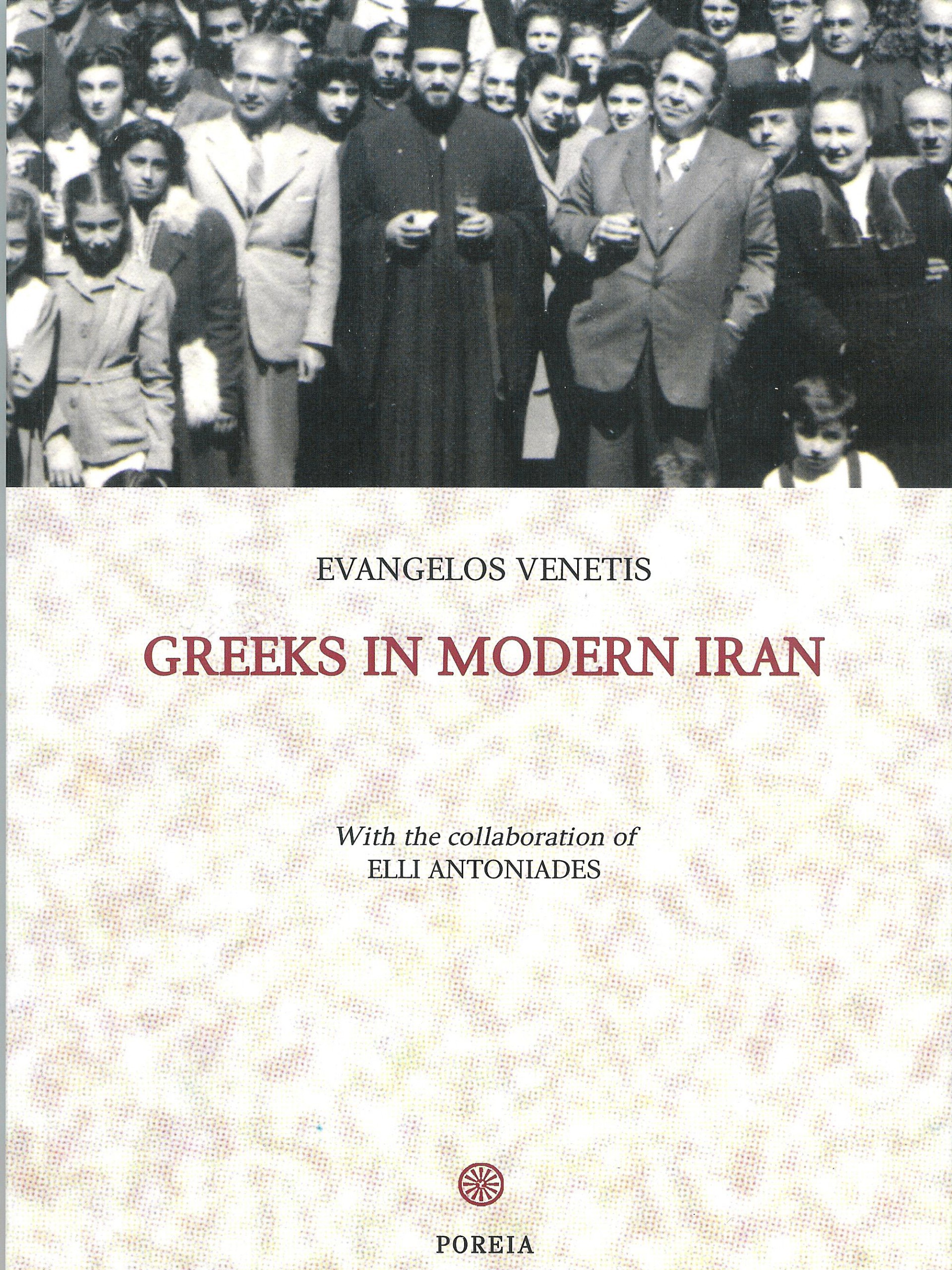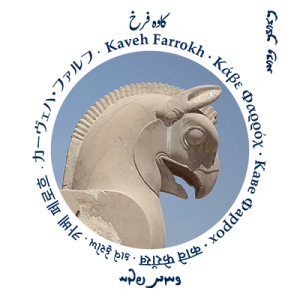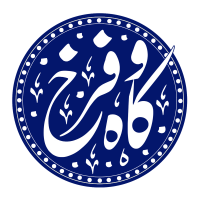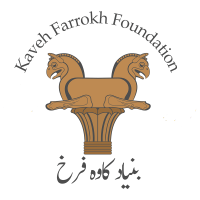Dr. Evangelos Venetis is the author of a seminal book entitled “Greeks in Modern Iran: Discovering the Past of a Prosperous Community (1837-2010)” in published in Athens, Greece in 2014 (this project was also supported by the collaboration of Elli Antoniades; publication supported by the Kefalidis family):
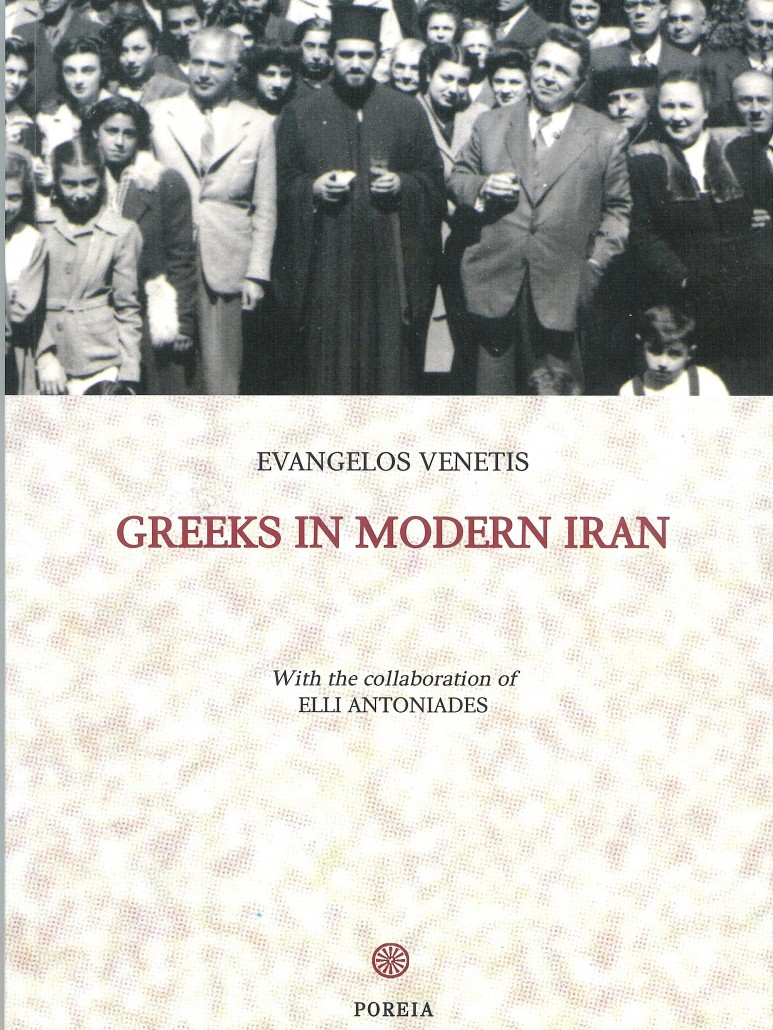
Greeks in Modern Iran: Discovering the Past of a Prosperous Community (1837-2010) (translated from Greek to English by Michael Mericas The above text was first published in Greek in 2011: Evangelos Venetis, Greeks in Modern Iran (Athens: Poreia Publications, 2011), Graeco- Iranica Series 1, 290 pp. 2 maps, 57 illustrations, index, ISBN: 978-960-7498-85- 1 The book is an historical monograph in the field of modern Greek-Iranian studies published by the Society for Hellenic-Iranian Studies (SHIS) in the Graeco-Iranica Monograph Series. It aims at informing the scientific and wide readership about the past, present and future of the Greek Diaspora in Iran in the last two centuries. The Moschalis family in Kermanshah, 1910 (Source: Society for Hellenic-Iranian Studies collection; published by Evangelos Venetis). The first part of the book narrates the history of the Greeks who entered Qajar Iran in the early 19th century and established their community in northern Iran. The Misailidis family in Rasht (Northern Iran, 1913-1915) (Source: Misailidis family collection; published by Evangelos Venetis). On a humorous note: A long time between drinks! A 1902 cartoon entitled “491 BC-1902 CE” in Puck magazine (v. 52, no. 1348, 1902, December 31) depicting “Persia” (at left) toasting “Greece” (at right) from a punch bowl labeled “Renewal of Diplomatic Relations” (Source: US Library of Congress). Contrary to Eurocentric or Nordicist popular narratives in news media, entertainment and scholarship, the relationship between the Greco-Roman and Iranian realms has been multifaceted and constructive since ancient times. The two civilizations have often engaged in strong exchanges in the arts, learning, architecture, theology, culture and commerce for millennia. Photo taken in 1935 of the Papadopoulos and Paraskevopoulos families in Rezaieh in northwest Iran’s West Azarbaijan province (Source: Elli Antoniades; published by Evangelos Venetis). Note that these Iranian-Greeks have adopted the favorite Iranian Samovar pastime of drinking tea (tea kettle atop metallic vase with tap for pouring hot water) along with the small glass teacups and accompanying saucers. The Samovar (Russian: self-boiler) is also highly popular in the Caucasus, Turkey, Ukraine and of course Russia (where the “Samovar” originates). In the second part, the analysis focuses on the history of the Greek community of Tehran in the Pahlavi era and the period of the Islamic Republic, highlighting also the interaction between Greeks from all over the world and Iranians inside Iran in various fields such as economy, politics and culture. The campaign regiment of Iranian-Greeks prior to their departure to Egypt, 1943 (Source: Greek Community of Tehran collection; published by Evangelos Venetis). Like much of Europe, Greece had fallen to brutal Nazi occupation in 1941 during the Second World War. These Iranian-Greeks were joining British and allied forces in North Africa to fight the Nazis. Vasilios Antoniades (1910-1943) who was the only casualty of the Iranian-Greek regiment from Iran in Egypt (Source: Greek Community of Tehran collection; published by Evangelos Venetis). Given that the contemporary research and study of Hellenic-Iranian studies worldwide stop in the seventh century AD., contemporary Hellenic-Iranian relations remain a terra incognita. The first official Greek school in Tehran in 1945 (Source: Greek Community of Tehran collection; published by Evangelos Venetis). The first Greek women’s taylor shop in Tehran’s Saadi street. This was established by Eleni Salonikidis (Source: Violetta Grammatikopoulos collection; published by Evangelos Venetis). As a result Dr. Venetis’ monograph is a general introduction to a long period, covering a wide range of topics and aiming to act as the framework for the development of the study and research of contemporary Hellenic-Iranian studies worldwide. Fereydoun Farrokh (at left), the Iranian chargé d’affaires in Greece meeting with Evangelos Averoff (at right) the Greek Foreign Minister) in 1962 (Source: Archives of Kavehfarrokh.com; published by Evangelos Venetis). The Minister is entrusting a cheque on behalf of the Greek government to Farrokh to send to Iran to provide financial assistance for Iranian earthquake victims at the time. The Greek Foreign Minster Demetrios Bitsios (sitting second from left) in the Greek community of Tehran with the president of the community Elli Antoniades, the Greek Ambassador Panayotis Economou (third from the left) and members of the diplomatic retinue of the Minster, 1976 (Source: Elli Antoniades; published by Evangelos Venetis). Dr. Evangelos Venetis studied history at the University of Ioannina, where he received also his master’s degree in medieval history entitled: The Zoroastrian priesthood and their influence in diplomatic relations Byzantium and Persia. (Second International Award of Iranology, Tehran, 12.16.2002). Konstantinos Stefanopoulos (at left), the president of the Hellenic Republic being received by Ionnis Grammatikopoulos (at right), president of the Greek-Iranian community in Tehran in 1999 (Source: Ionnis Grammatikopoulos collection; published by Evangelos Venetis). In 2006 Dr. Evangelos Venetis successfully completed his doctoral dissertation in the field of Islamic and Middle Eastern Studies from the University of Edinburgh. During the period 2006-2010 he was a Senior Research Associate at the Department of Arabic, Persian and Turkish, in the School of Middle Eastern Studies, the University of Leiden, the Netherlands. His Holiness the Ecumenical Patriarch Bartholomeos officiating in the Greek Orthodox Church of Annunciation in Tehran in 2001 (Source: Ionnis Grammatikopoulos collection; published by Evangelos Venetis). In addition to his “Greeks in Modern Iran” Dr. Evangelos Venetis has also authored five other academic books thus far: The Greek Church of Annunciation of Tehran in 2001 (Source: The Society for Hellenic-Iranian Studies collection; published by Evangelos Venetis). An accomplished world-class academic, Dr. Evangelos Venetis has also authored a large number of articles on medieval and modern Islamic world in Greek and international journals. He is the founder and director of the Society for Hellenic-Iranian Studies.